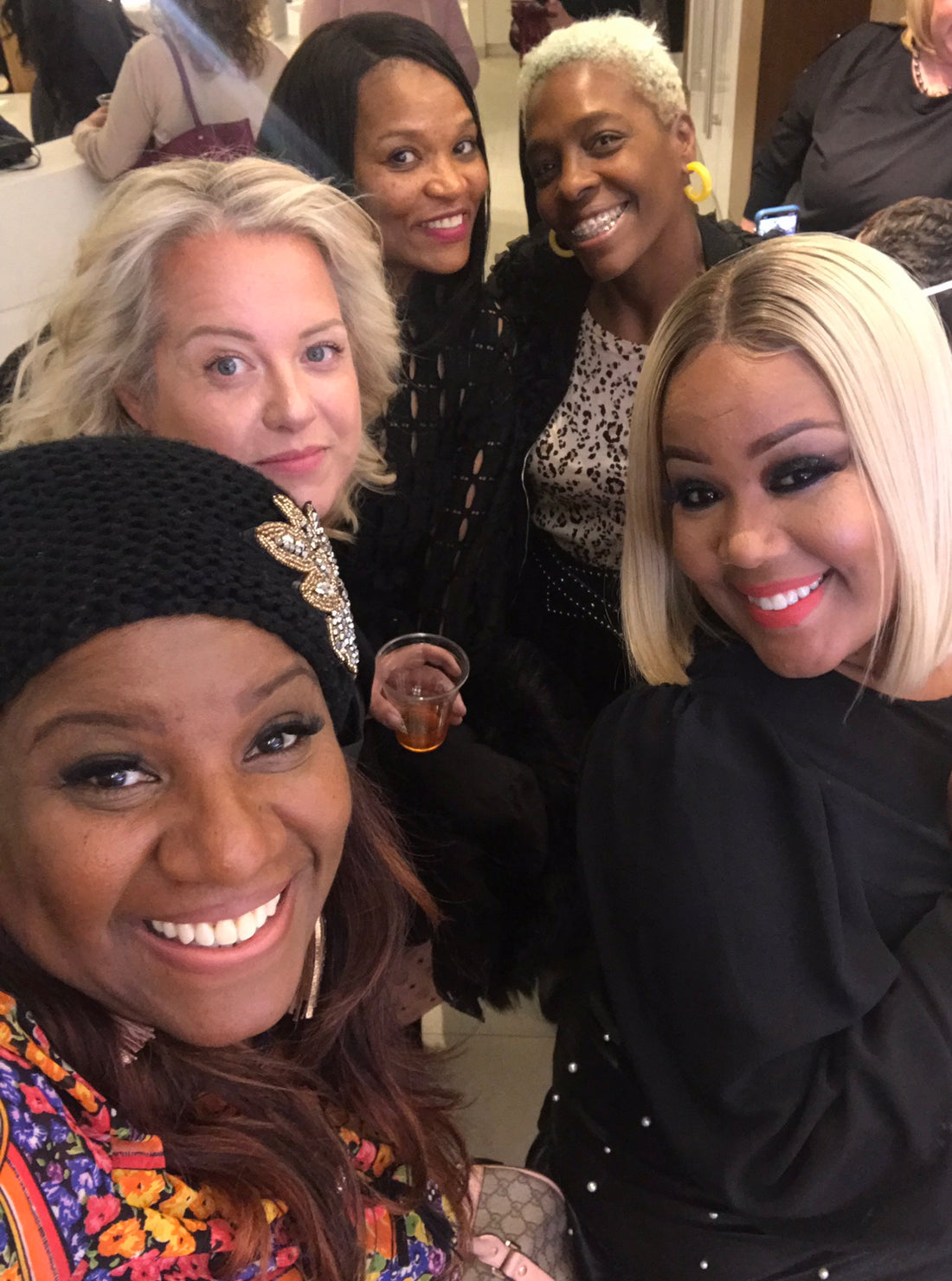
A GUIDE TO TRUE EMBODIMENT
By: Kristin Dahl
As women we are often obsessed with our bodies and experience a great deal of pain as our bodies change (monthly, yearly, after kids, with health conditions, etc.) This fixation is generally driven by a body-obsessed culture in which everywhere we turn there is a reinforcing image or message that our bodies must be “perfect.” Many of us don’t feel at home in our bodies or have a really difficult time inhabiting them. Generally, this dissatisfaction with ourselves leads us further and further away from our inner riches, and we look to “fill up” on material things or experiences that offer a fleeting sense of satisfaction but bring us no closer to the depth and connection we are craving.
True embodiment is being grounded in the body with the heart, mind and spirit joining as a cohesive whole. It’s when mind and body become one. When we align our intellect with the innate inclinations of the body.
How you feel about your body and the messages you send yourself everyday can truly impact your health in both a mental and physical sense. When we are constantly at war with ourselves, we not only risk the isolation it creates, we also risk the long-term effects it can have on our well-being. The tendency to block out hard feelings is our primal and mammalian response to protect ourselves. However, the body stores unfelt feelings and “fight or flight” patterning in our limbic system. Over time, this stresses the nervous system which influences every organ system and function in the body, adversely affecting our health.
When we honor our feelings, however painful they may be, we move through challenging emotions and begin healing. In order to become embodied, we must allow ourselves to engage in the present moment, listen to the impulses of our bodies and honor our feelings. When we come into a clear conversation with our bodies, we receive messages about how we can best support ourselves. What foods are working, what exercises feel best, when we need rest, and so on. We begin to live in tune with the rhythms of our body and breath, and our life reflects this fluidity.
Let us begin to honor this sacred connection to ourselves and not just our external appearance. Give yourself time each day to fully get in touch with yourself. Become aware of what body parts need attention. Practice self-massage to create more flow in the body. Let your body rest when you are run-down. Walk in nature and move slowly with engaged awareness. Just begin to respect your body more & all that it does for you – automatically. The more we nurture and nourish our bodies, the more vital and balanced our bodies become, and the less susceptible we are to dis-ease.
Below are 5 tools to help initiate a deeper connection with yourself:
1. ALLOW YOURSELF AN HOUR TO EASE INTO THE DAY
Ground yourself before offering all of your energy to the world (your phone). Give your life space away from technology often so you can sink into yourself more, and you’ll have more to offer those around you. Take “tech breaks” throughout the day, week, or month.
2. GROUND YOURSELF WITH BREATH
Take brief “breath breaks” throughout the day. Simply inhale deeply for the count of 7, then hold for 2, then exhale slowly to the count of 7. Connecting to our breath is a powerful way to get back into our bodies and feel ourselves again. Take several moments throughout the day to ground yourself through your breath. Begin your day with 5-10 minutes of deep breathing & end your day the same way.
3. PRACTICE ABHYANGA
Abhyanga (self-massage) is a practice in ayurvedic medicine to restore whole body health. Put in simple terms, abhyanga is the practice of massaging or anointing your body with oils from head to toe; a warm bath or shower usually follows the process. By massaging these oils, usually infused with herbs, into your skin, you help them sink deeper, creating more benefits than just placing oil on the skin. This practice creates a deeper connection with the body & decreases the effects of aging on the skin. It increases muscle tone, lubricates joints, increases circulation, moves lymph through the body, increases detoxification, increases bowel regularity, calms nerves, decreases stress levels, improves quality of sleep, balances the doshas, and increases feelings of self love and self worth.
4. HONOR YOUR FEELINGS
Anxiety, loneliness, boredom, and anger are emotions we all experience throughout our day-to-day lives. Each has its own trigger, and each has its own appeasement. Food won’t fix any of these feelings. Find ways to nurture, comfort, and resolve your issues without using food. Sure, food may offer a fleeting comfort, maybe distract you from the pain or even numb you into a food coma, but food won’t solve the problem. If anything, eating emotionally will make you feel more disconnected. It’s important to honor your feelings, whatever they may be, and reach out to loved ones when you need support. This will help you get clear and connect you to your heart space once more so you can make conscious decisions.
5. BE MINDFUL WITH YOUR MEALS
Tune into your body’s true needs, regardless of the messages you are receiving from the outside. Practice non-attachment to diet plans or protocols. Our bodies are always changing and what may have worked before might not be the best choice now. Be present with meals & focus on what is giving you energy and what makes you feel sluggish.. Try not to eat in a rush. Eat & chew slowly. This will support proper digestion and relaxation during meals, which helps to support the bodies natural rhythms.
Follow these amazing ladies wellness journey
@cheryljacksonradio @cheryljacksonent @theekymlee @theonlyurs @zuralovespinknvsg